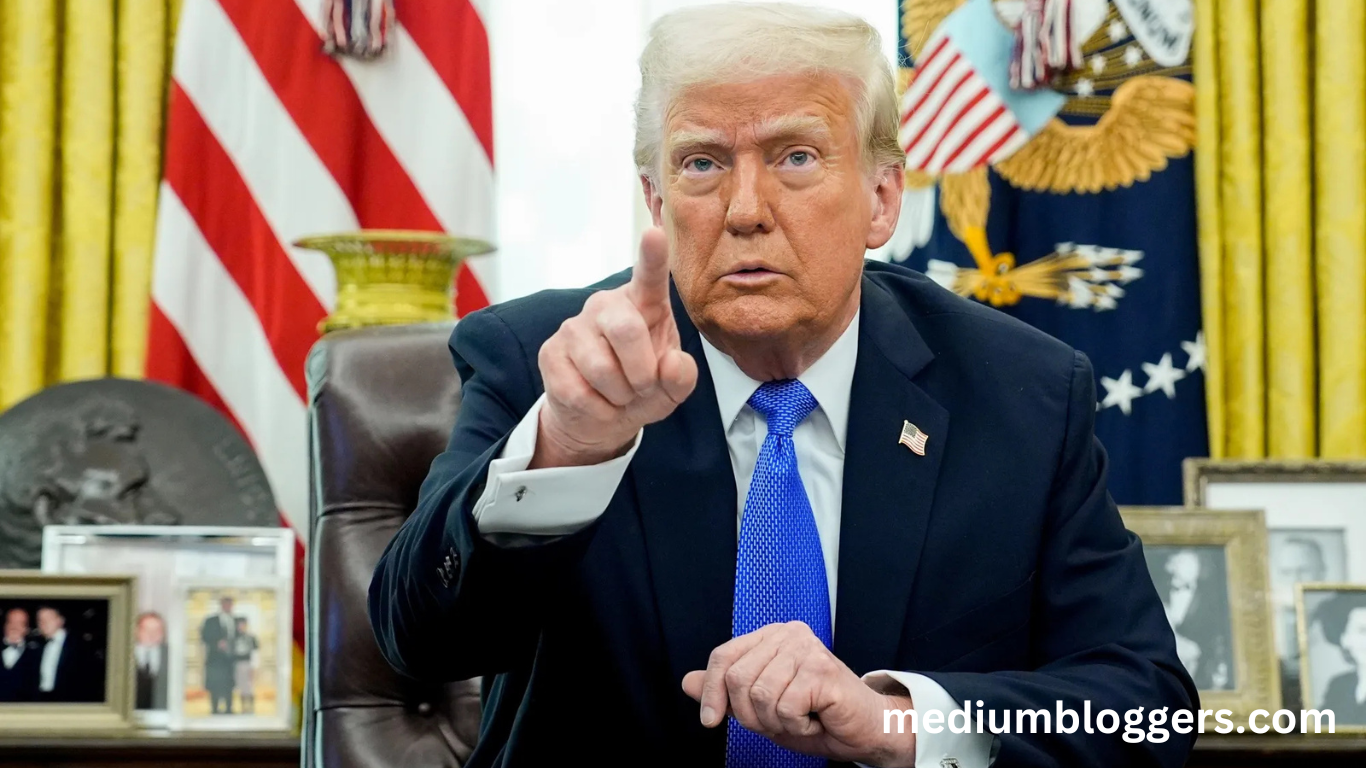President Donald Trump’s stance on tariffs remains a subject of intense speculation. With an upcoming event set to address trade policies, officials and analysts continue to debate potential outcomes. Markets, industries, and international partners closely monitor signals from the administration.
Global Markets on Edge
Stock markets and global trade partners show signs of uncertainty. Investors react cautiously to speculation about potential tariff hikes or reductions. Economic experts suggest that any decision could significantly impact international trade relations.
White House Maintains Silence
Officials within the White House provide limited insights regarding the administration’s decision. Statements from key aides suggest deliberations remain ongoing. Policy analysts emphasize the importance of this decision for both domestic manufacturers and global trading partners.
Industries Brace for Impact
Manufacturing, agriculture, and technology sectors prepare for potential tariff changes. Domestic industries seek clarity, as import and export costs hinge on policy shifts. Business leaders advocate for clear guidance to mitigate economic risks.
Read More : Nintendo Direct Teases Switch 2 ,No Price or Date Yet
Political Reactions Intensify
Political opponents and allies voice differing opinions on tariff policies. Some lawmakers express concerns over economic repercussions, while others support protective measures. The debate over tariffs remains a key issue in legislative discussions.
Foreign Governments Await Confirmation
International leaders and trade negotiators remain watchful. Any decision from the U.S. administration could reshape diplomatic and economic partnerships. Governments prepare contingency plans to adjust trade strategies based on upcoming announcements.
Implications for the Economy
Economic analysts predict varying scenarios. A tariff increase could lead to retaliatory measures from trade partners. A reduction might ease tensions but could also impact domestic industries. The balance between protectionism and free trade remains a focal point.
Event Holds Significance for Future Trade RelationsWith anticipation building, the upcoming event carries significant weight. Observers expect insights into the administration’s approach to tariffs and trade. The outcome could influence both short-term market movements and long-term economic strategies.
Frequently Asked Questions
What are tariffs?
Tariffs are taxes or duties imposed on imports or exports between countries. They can influence the price of goods and services across borders.
Why is Trump’s tariff decision important?
Trump’s tariff policies have the potential to affect global trade, impact industries, and influence international relations, making it a highly anticipated decision.
How do tariffs affect businesses?
Tariffs can raise the cost of importing goods, potentially leading to higher prices for consumers and squeezing profit margins for businesses dependent on imported materials.
What industries are most affected by tariffs?
Manufacturing, agriculture, and technology sectors are most impacted by changes in tariff policies, especially those that rely on international supply chains.
How might the tariff decision affect the global economy?
A change in tariff rates could disrupt global trade flows, leading to economic shifts, potential retaliatory tariffs from other countries, and changes in market stability.
Will Trump’s tariff decision affect U.S. consumers?
Yes, if tariffs on imported goods increase, it could lead to higher prices for everyday products, affecting the cost of living for American consumers.
What role do international governments play in tariff decisions?
Foreign governments closely monitor U.S. tariff policies as they could impact bilateral trade agreements, diplomatic relations, and economic strategies.
When will the tariff decision be finalized?
The decision is expected to be announced soon, and its details will depend on the ongoing discussions within the U.S. administration.
Conclusion
Trump’s tariff decision holds significant implications for both the U.S. and global economies. As industries and markets await clarity, the outcome could reshape trade relations, influencing everything from manufacturing costs to international diplomacy. The uncertainty surrounding the decision underscores its importance in shaping future economic strategies and global partnerships.


